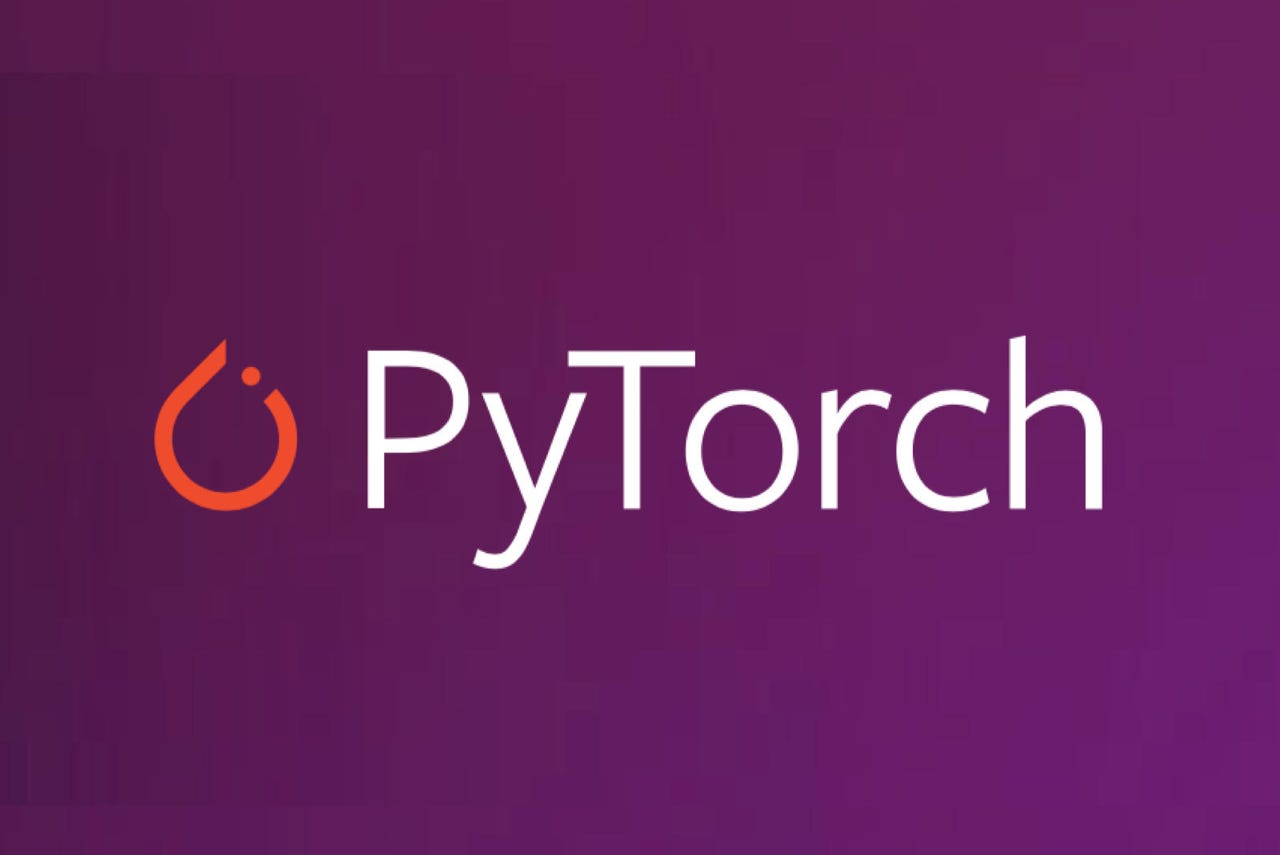
































If you're not involved in machine learning (ML) or artificial intelligence (AI), chances are you've never heard of PyTorch. If you are, however, it's a different story. Meta's open-source PyTorch ML is very popular in building all manner of AI applications. The one thing holding it back, according to some, was its close ties to Facebook. That's no longer a problem. Meta has released the code to a new, independent Linux Foundation group, the PyTorch Foundation.
Meta CEO Mark Zuckerberg naturally wrote in a Facebook post, "We're moving PyTorch, the open source AI framework led by Meta researchers, to become a project governed under the Linux Foundation." There, Meta and its partners, AMD, Amazon Web Services, Google, Microsoft, and Nvidia, will continue to push the project forward.
Also:Meta announces a one-day virtual event called Meta Connect
Why? After all, the program is a market leader, with over 150,000 projects built on GitHub with PyTorch. Meta is making the shift for the same reason it open-sourced all its AI programs in 2021: Getting any ML tools, not to mention programs based on it, is slow, tedious, hard work. At this level of work, even Meta needs all the open-source help it can get.
Even before this move, Meta was inviting everyone who wanted to join it in its PyTorch efforts. As Linux Foundation executive director Jim Zemlin said at Open Source Summit Europe in Dublin, Ireland, "PyTorch has grown to include a massive community of contributors and users under their community-focused stewardship. The genius of PyTorch (and a credit to its maintainers) is that it is truly a foundational platform for so much AI/ML today, a real Swiss Army Knife."
Also:Best Linux Foundation classes: Intro to Linux, Cloud Engineer Bootcamp, and more
Going forward, the PyTorch Foundation will call the shots in its future development. That doesn't mean Meta will move away from using PyTorch. Far from it, Meta announced last year that it was dropping its other AI/ML efforts and betting all its chips on PyTorch. As Facebook stated, we will "continue to invest in PyTorch and use it as the primary framework for our AI research and production applications at the company."
 Tags quentes :
Inteligência artificial
Inovação
Tags quentes :
Inteligência artificial
Inovação